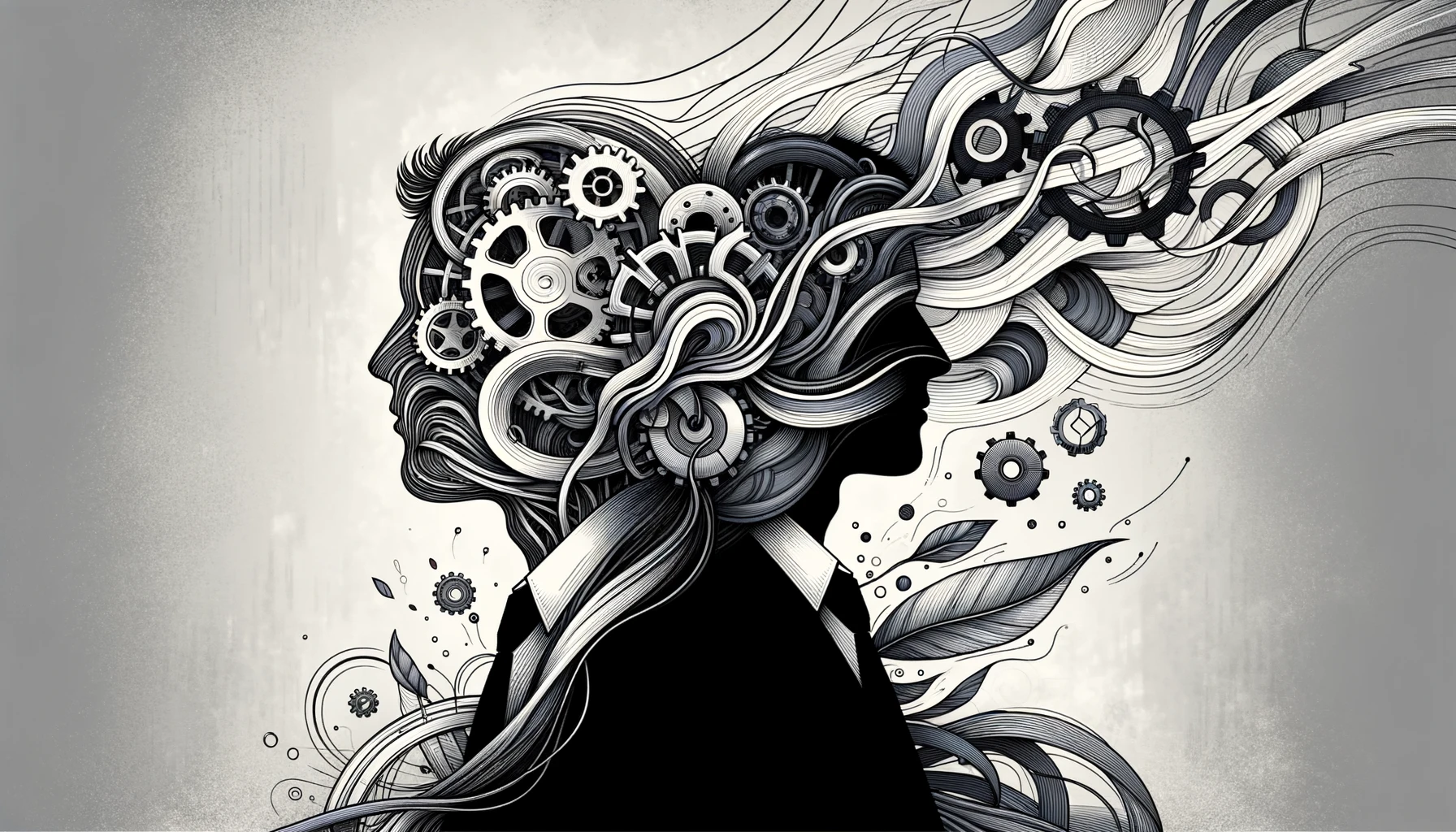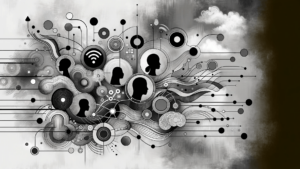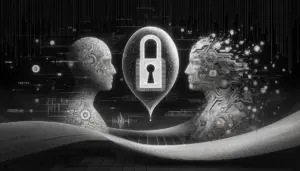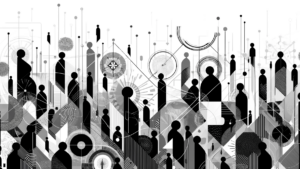In today’s fast-paced, career-driven society, it’s easy to fall into the trap of defining ourselves by our work.
We often spend more time at our jobs than with our loved ones, and our professional successes and failures can feel like personal triumphs and defeats. But what happens when we start to mistake our job for who we are as a person? How does the success or failure of the company we work for impact our sense of self-worth and emotional well-being?
The Dangers of Over-Identifying with Your Job
When we start to see our job as the primary defining factor of our identity, we risk developing an unhealthy attachment to our work. Our self-esteem becomes tied to our professional performance, and we may begin to feel like our value is directly related to our job title or the success of our company.
This over-identification can manifest in several ways:
- Emotional investment in company success: When deeply invested in our company’s success, we may experience a sense of personal triumph when the organisation thrives. However, this emotional connection can also make us vulnerable to feelings of failure, anxiety, and depression when the company faces challenges or setbacks.
- Difficulty separating work and personal life: Blurring the lines between work and personal identity can make maintaining a healthy work-life balance challenging. We may struggle to “switch off” from work mode, increasing stress and burnout.
- Self-worth tied to external validation: When our self-worth is tied to job performance, we may rely heavily on external validation from colleagues, supervisors, or clients. This can create an unstable sense of self, as our emotional well-being becomes dependent on the opinions and feedback of others.
Classical Philosophical Perspectives on the Self and Identity
The concept of self and identity has been a subject of philosophical inquiry for centuries. Here are some classical philosophical perspectives that relate to the idea of work and identity:
- Aristotle’s concept of “eudaimonia”: Aristotle believed that the ultimate goal of human life is to achieve “eudaimonia,” or flourishing. He argued that this is accomplished through the cultivation of virtues and the performance of activities following reason. In this view, work can be seen as a means to develop one’s potential and contribute to society rather than the sole defining factor of one’s identity.
- Descartes’ “cogito ergo sum”: René Descartes’ famous phrase, “I think, therefore I am,” suggests that our sense of self is rooted in our ability to think and reason. This perspective emphasises the importance of our inner mental life in defining our identity, rather than external factors such as our job or social status.
- Hume’s bundle theory of the self: David Hume argued that the self is not a unified, unchanging entity but a “bundle” of perceptions and experiences. This view suggests that our identity constantly evolves and is shaped by our interactions with the world around us, including our work experiences.
These philosophical perspectives highlight the complexity of the self and identity and suggest that our sense of self is shaped by many factors beyond our job or professional success.
The Impact of Job Loss or Career Transitions
When our identity is closely tied to our job, losing that job or facing a career transition can feel like a personal failure. This can lead to feelings of worthlessness, anxiety, and a loss of purpose.
In today’s ever-changing job market, it’s more important than ever to recognise that our jobs do not define us as individuals. While our careers are an important part of our lives, they are not the sole measure of our worth or success.
Strategies for Maintaining a Healthy Sense of Self
To maintain a healthy sense of self and emotional well-being, it’s essential to actively work on separating our self-worth from our professional success. Here are some strategies to help:
- Cultivate a strong sense of personal identity outside of work: Engage in hobbies, nurture relationships, and pursue personal growth opportunities unrelated to your job.
- Set boundaries between work and personal life: Establish clear boundaries between your work and personal life, and learn to “switch off” from work mode when necessary.
- Recognise that setbacks and failures are normal: Understand that setbacks and failures are a normal part of any career journey and do not reflect on your worth.
- Seek support when needed: Don’t hesitate to seek support from friends, family, or mental health professionals when struggling with work-related stress or identity issues.
- Regularly engage in self-reflection: Take time to reassess your values and priorities to maintain a balanced perspective on life and work.
Closing Thoughts
In a world where our careers often play a central role in defining our identities, it’s easy to mistake the job we do for the person we are.
By recognising the potential pitfalls of over-identifying with our jobs and actively working to maintain a healthy sense of self, we can build resilience and emotional well-being in the face of professional challenges.
Our sense of self is complex and multifaceted, extending far beyond our professional roles. Remember, your job is an integral part of your life, but it does not define you as a person.







